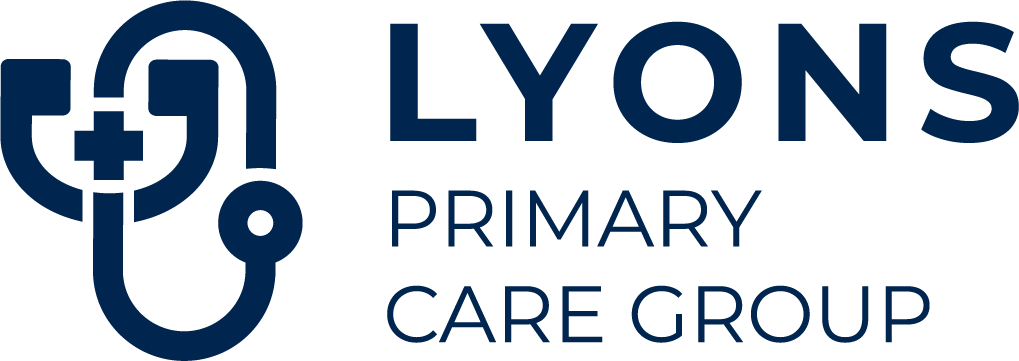DEPRESSION
Lyons Primary Care Group provides depression treatment plans tailored to your wellness goals. Our mental health services are designed to support anyone working to overcome depression and improve their well-being.
SECTION CONTENT
Overview
Recommended Reading
Treatment
-
Depression is a serious mental health issue affecting about one in five U.S. adults. It causes persistent sadness, hopelessness, and loss of interest in activities. Beyond mental health, it can also lead to physical problems like heart disease, diabetes, and cancer.
-
Depression is often accompanied by other serious mental and physical health issues, such as:
Anxiety The constant feeling of worry and fear that often accompanies depression.
Substance Abuse Some adults turn to alcohol or drugs to cope with the symptoms of depression.
Eating Disorders Conditions like anorexia, bulimia, or binge eating disorder can develop as a result of depression.
Heart Disease Depression can lead to an unhealthy lifestyle, which in turn increases the risk of heart diseases.
Insomnia Many people with depression struggle with insomnia, which can exacerbate mental health conditions.
Infertility Depression can affect hormonal balance, making it difficult for women to conceive.
Digestive Issues Conditions such as irritable bowel syndrome are often linked to depression.
Chronic Pain Depression often magnifies the feelings of pain.
Depending on the severity of your condition, your doctor might suggest different treatments, such as psychotherapy, medication, or even hospitalization.
-
Treatment may include therapy, medication, or lifestyle changes, depending on your needs.
Access to effective prescription medications is key in managing ADHD. Our providers carefully evaluate your health to recommend safe and suitable stimulant or non-stimulant ADHD medications, such as:
Methylphenidate (Ritalin, Concerta)
Amphetamine (Adderall, Vyvanse)
Atomoxetine (Strattera)
Guanfacine (Intuniv)
Monitoring is continuous, with adjustments made as necessary to ensure the best outcomes while maintaining the highest health standards. We work with you to design a plan that easily integrates into your life, making your journey toward managing ADHD both successful and sustainable.
Medications can play a key role in treating ADHD, but these drugs can cause significant side effects. It's advised to see a qualified health care provider who can prescribe the right medications for you.
-
Suicide Prevention
If you or someone you know is struggling with self-harm or suicidal thoughts, help is available. Call the National Suicide Prevention Lifeline at 988 or 1-800-273-TALK (8255) for confidential support 24/7. You’re not alone—someone is always ready to listen.
This content has been reviewed by our health care specialists for education and is not a substitute for medical advice. Consult your provider with any questions.

